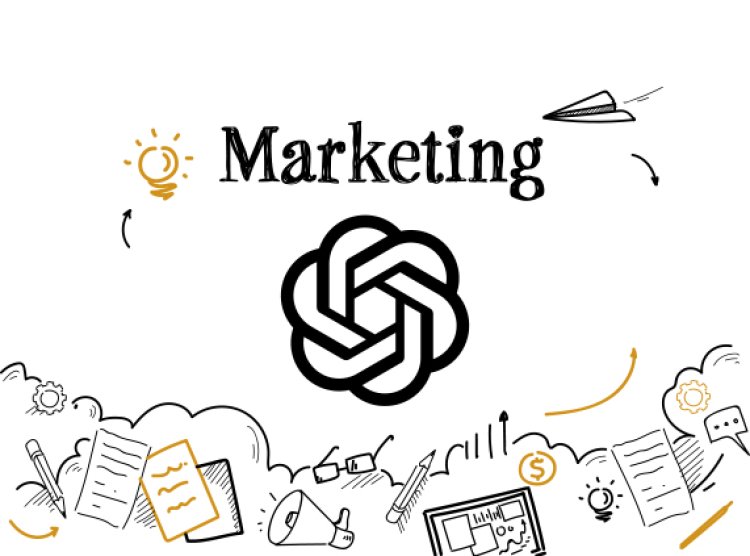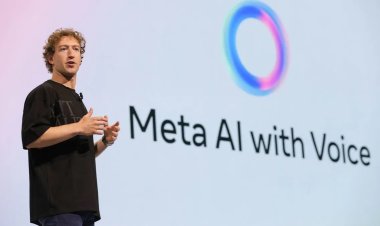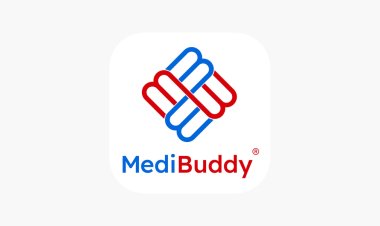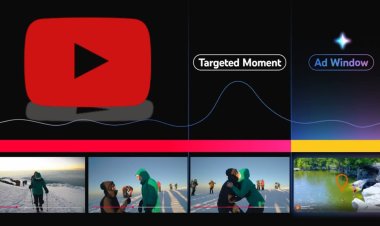Can ChatGPT write a new marketing script?

According to recent news from Microsoft CEO Satya Nadela, ChatGPT will soon be a part of MS Azure's Open AI Service. The innovation has a lot of potential for companies and brands because they might use the newest AI tool in a range of applications. It has the potential to alter the advertising and marketing industries, according to experts.
Since its debut, ChatGPT has dominated talks all around the world. This generative AI program garnered more than a million users just a few days after its release.
ChatGPT can be used for a variety of things, including creating convincing website content, enticing email newsletters, and appealing social media posts. The feature can aid advertisers in improving their advertising efforts because to its extensive vocabulary and capacity for context understanding. Experts are clear on how brands might benefit from the AI tool.
The chat box is the first area where brands would use various ChatGPT applications, according to Pravin D. Shiriyannavar, COO, Brand-comm. Several chat rooms have been created recently using pre-fed inquiries. This is the first industry where AI-enabled chat boxes are being used widely. While chat GPT performs well in delivering the first-cut of a piece, brands will leverage this novelty widely for content creation and creating social media postings. These copies are beneficial for beginners to read, but if a professional who has been employed in the same field does so, credibility is rendered irrelevant because the content was created based on cursory investigation by its search engine.
Shivani Kamdar, Associate Creative Director at SoCheers, claims that ChatGPT has motivated marketers to learn more and expand their brands. Many chances for advertising to increase interest in their businesses may be presented by this AI tool. A few of these are creating content, coming up with ideas, gathering information for research, providing after-service, easing the onboarding process, and so forth.
Marketers can use this technology to create relevant content that will interest the target audience by utilizing its natural, human language processing skills. Also, they can use chatbots to generate responses that are typically written by hand. As a result, the reaction time will be enhanced, and client loyalty will increase.
Around the world, talk of ChatGPT has taken off like wildfire. Recently, ChatGPT reported having over a million users. As a result of its extensive capabilities, it can be employed in any industry or business.
"ChatGPT can be used in the world of virtual reality, where it can be integrated to generate real-time interactive and immersive scripts for VR experiences that align with the brand's message," says Samir Asher, Co-Founder & COO of Tonic Worldwide. "This allows them to build an emotional connection with the audience."
ChatGPT is already used by Meta, Canva, and Shopify in their customer service chatbots. The graphic design platform Canva has integrated Magic Write, an AI writing aid based on GPT-3, into its brand-new Canva Documents service. Similar to the newly released text-to-image tool based on Stable Diffusion, Magic Write adds the generative text engine to the media-centric document maker.
ChatGPT may have drawbacks despite its many applications and potential as a game-changer for businesses. The use of ChatGPT in media and advertising has a few possible downsides.
One of the key limitations is that it is solely based on the data it was trained on, thus it may perpetuate and even amplify biases present in the data, according to Siddhartha Bhansali, founder of Noesis.tech and CTO of Zoo Media. The "Garbage in, Garbage out" dilemma describes this situation.
Bhansali compares it to Plato's allegory of the cave, in which individuals are imprisoned and only see the faint outlines of reality.
Like the individuals in the cave, ChatGPT can only provide output based on the data it has seen, and if the data is skewed, the output will be prejudiced as well, the author claims.
When it comes to AI, human inventiveness is also sacrificed on the altar of expediency, according to Bhansali. "ChatGPT-generated material can be devoid of the originality and innovation that people contribute to the table. This is comparable to John Searle's China Room argument, which holds that a machine can never fully comprehend language or produce meaningful content since it is only processing symbols in accordance with a set of rules rather than comprehending their meaning. Hence, ChatGPT could be able to create a lot of content rapidly, but it might not be able to create stuff that is truly innovative or stimulating.
According to Kamdar, privacy issues can also be a thorn in the businesses' sides. "ChatGPT is vulnerable to cyberattacks and can raise privacy issues. This may help distribute information that can trick users into disclosing private data for phishing scams and targeted assaults.

 Sumit Rawat
Sumit Rawat 










